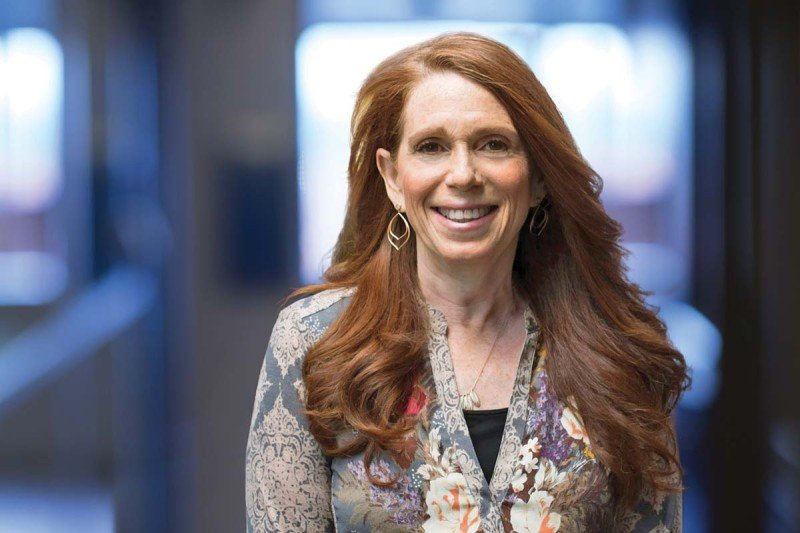
Dr. Francesca Gany, Chief of MSK's Immigrant Health and Cancer Disparities Service
On Friday, November 19, 2021, internist Francesca Gany, Chief of MSK’s Immigrant Health and Cancer Disparities (IHCD) Service, joined the American Cancer Society Cancer Action Network (ACS CAN) for its New York & New Jersey 2021 Policy Forum: Advancing Research, Innovation and Health Equity.
The ongoing COVID-19 pandemic has reinforced that longstanding health disparities and inequities continue to impact communities across the country. The cancer death rate is 20% higher for individuals from the poorest US counties compared with affluent counties, and the five-year relative survival rate is lower among Blacks than whites for every stage of diagnosis in the four most common cancer sites.
“This pandemic has shown us all that we have to fight harder for the patients and the communities we care so much about,” said Dr. Gany. “We have to bring our services right to where the communities are and engage them in true partnerships.”
The forum emphasized the importance of advancing health equity in cancer prevention and care, and challenged panelists to discuss the public policies necessary to close the gap for patients with cancer. Dr. Gany joined panelists from Rutgers Cancer Institute of New Jersey and Roswell Park Comprehensive Cancer Center in a session about cancer health disparities and strategies for reaching, educating, and building trust in communities.
According to Dr. Gany, one increasingly important priority is the need to overcome the digital divide between the healthcare system and the community, particularly as the ongoing shift to digital services during the pandemic may leave many people behind. “We find that 10% of community members we work with need intensive navigation assistance for just telephone services, and that number is far greater for digital services,” she said. “Providing the community with telehealth for cancer services has obvious benefits, but it will require infrastructure, such as devices and stable broadband access, as well as navigation on how to use the technology and how to access accurate information online.”
She also addressed the linguistic divide. “There simply aren’t enough providers who speak the many languages of the patients in our geographic area,” she said, offering that United Nations–style simultaneous interpretation could help patients understand medical information in their own language and facilitate easier communication with providers.
Dr. Gany also highlighted the importance of educating community organizations on how to speak about cancer prevention and risk with community members, increasing access in the community to genetic testing services and genetic counselors who speak non-English languages, and ensuring that all people, regardless of immigration or employment status, have access to comprehensive health insurance that covers cancer risk reduction, screening, treatment, palliative care, and survivorship.
Dr. Gany leads MSK’s IHCD Service, which works to address disparities in access to cancer treatment and other healthcare services at the local, national, and global levels. Using a cross-disciplinary, community-engaged approach, her team identifies key areas of need and implements programs for immigrants and other medically underserved communities.
ACS CAN is a Washington, D.C.–based nonprofit, nonpartisan advocacy affiliate of the American Cancer Society that supports policy and legislative solutions at the state and federal level designed to eliminate cancer as a major health problem. MSK was a Silver-level sponsor of the recent forum.
